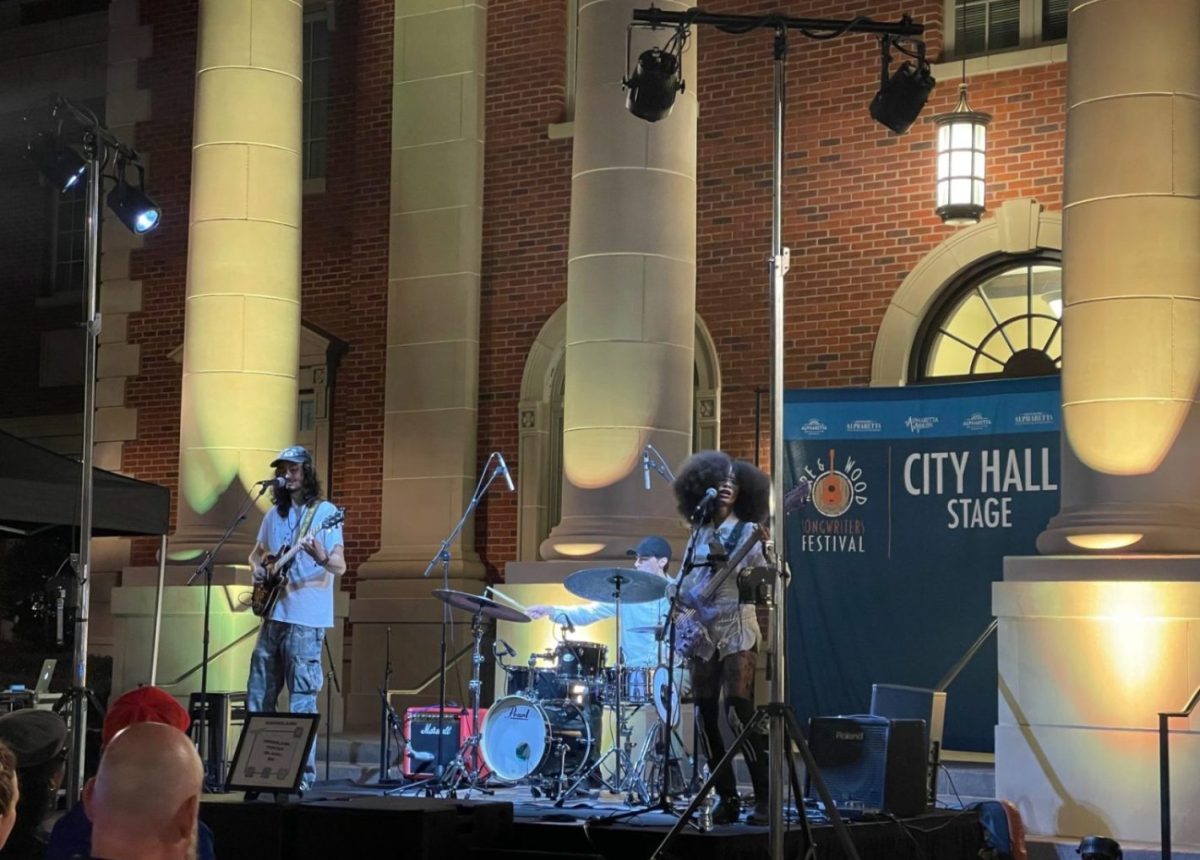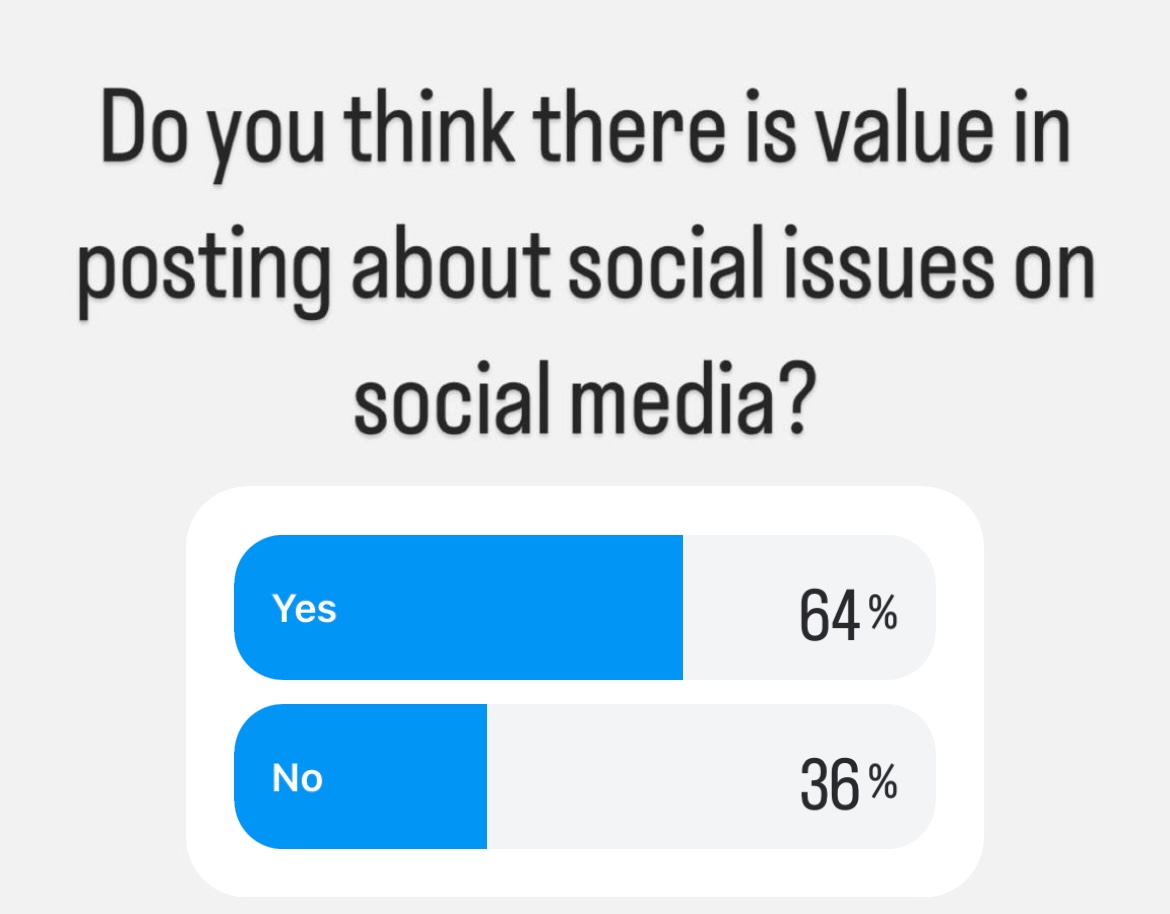Platforms like Instagram, TikTok, Facebook and X, formerly known as Twitter, have become popular sites for people to advocate for social and political causes.
People from all backgrounds take to social media to post about their opinions, raise awareness and gather support for causes that are important to them. Movements like #MeToo and #BlackLivesMatter has put to use the power of social media to shed light on these messages.
After the death of George Floyd in 2020, social media activism increased according to NBC News.
The activism didn’t start or end in 2020, however. Americans specifically have been partaking in social activism because of social media since the early 2010s and continue to do so today. Most recently, people have been speaking out on social media about the Israel-Hamas war.
64% of surveyed students at the University of North Georgia say that they think there is value in posting about social and political issues on social media.
Sophomore biology major, Adrian Luna, says “I think that’s the whole point of social media: to display media that pertains to the social aspects of our lives.” Luna added, “I do believe that posting about current-day issues on social media spreads awareness. I personally have been informed on a number of different issues.”
PEW Research Center reported that, as of May 2023, 46% of U.S. social media users say that they have taken part in a group that shares an interest in an issue or cause, looked up info on rallies or protests in their area, changed their profile picture to show support for a cause or used hashtags related to a social issue.
Their research also found that Democrats (53%) are more likely than Republicans (41%) to engage politically on social media in the same four categories.
Luna says, “Social media also allows you to know the stances of people or institutions you follow, you are who you surround yourself with after all.”
On the other hand, 36% of surveyed UNG students do not believe that there is value in posting about social and political issues on social media.
In the same article, PEW Research Center reported that 82% of U.S. adults believe that social media activism has a negative impact because they think it “makes people think they are making a difference when they really aren’t.”
Performative activism is defined by Boston Medical Center as activism that is done to increase one’s social capital rather than one’s true devotion to a cause.
“Some people want attention that comes with showing others they care about what’s going on in the world. They want to show people that they are good,” says senior communications major Josiah Okello.
Okello also added, however, that posting about issues on social media with genuine intent can raise awareness. He says that he wouldn’t have known about the issues that plague the Congo if he hadn’t seen it on someone’s Instagram story.
Luna says, “I think brands tend to [post about issues for their own benefit] a lot, obviously because they want to appeal to the masses. I don’t think my friend with 137 followers would find it necessary to fake his stance on social issues.”
PEW Research Center reported that 70% of U.S. social media users never or rarely post or share about political or social issues. Of the 70%, 33% of them say that they don’t post about social issues because they don’t want the things posted to be held against them, and 23% say they don’t have anything to add to the conversation.























